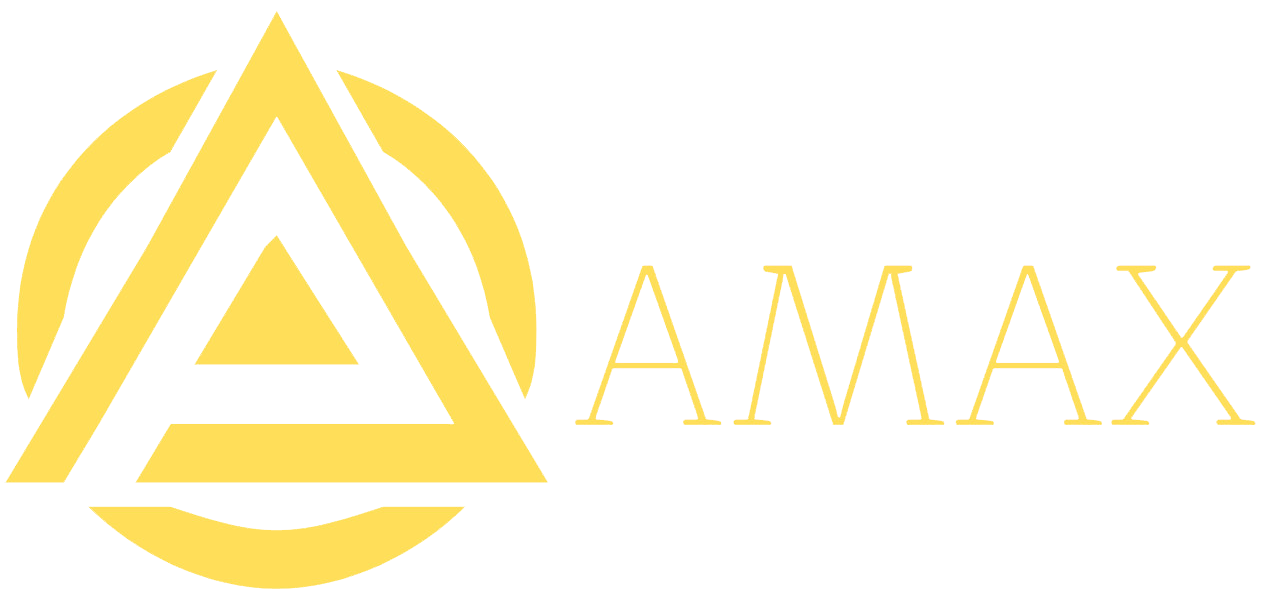Class C shares give stockholders an ownership stake in the company, just like Class A shares, but unlike common shares, they do not confer voting rights on shareholders. As a result, these shares tend to trade at a modest discount to Class A shares. These Class C shares should Williams percentage range not be confused with the type of C shares issued by some mutual funds. For example, a shareholder might own 10 shares worth $100 each in a company.
A company usually undergoes a stock split when the price of its shares has gotten very high. It’s the latest stock split in Silicon Valley, following Apple and Tesla, which in recent years both split their stocks as their valuations skyrocketed. Here’s what you need to know about stock splits, and how Alphabet’s move will impact investors. The Justice Department asked Judge Amit Mehta—who ruled in August Google violated antitrust laws—to order Google to sell its Chrome browser, saying the move would allow rival search engines to access the browser. As an investor, you might be wondering how the Alphabet stock split will affect you.
- Because GOOGL shares come with voting rights, they may be considered more valuable.
- The company created a new class of nonvoting stock in April 2014 and issued a Class C share for each Class A share previously held by shareholders.
- That’s impressive growth, particularly for a company with a market cap of $1.94 trillion.
Download app
Meanwhile, historical analysis of stock splits have shown that share prices of a company typically rise after the announcement of any stock split and fall after its implementation. Companies carry out stock splits with the intent of making their stock prices more attractive to retail investors. Alphabet announced in conjunction with its fourth-quarter earnings report that the company plans to split its stock for the first time in eight years. This stunning revelation is bringing a fresh wave on interest to the tech giant and its stock. It also raises a number of questions of interest for investors involving just how a stock split works and what it means for investors.
There’s definitely a difference between the price of the two types of Google shares that you can buy, though it is relatively small. If you feel that voting at the stockholders’ meeting is important to you, then aim for the A shares. This process can become hostile, with activists engaging in public battles to win board seats and wrest control of the company from management.
Why has Alphabet conducted a share split?
Over the course of a multi-week trial – much of it featuring sensitive testimony behind closed doors by executives from Apple, Microsoft, Verizon and others – Mehta weighed whether Google’s practices had harmed competition in search. He ultimately determined that Google violated Section 2 of the Sherman Act, one of the nation’s foremost anti-monopoly laws. In a blog post, Google President and Chief Legal Officer Kent Walker called the government proposal “extreme” and said it would undercut Americans’ security and privacy by making Google share its user data with others. “We believe that GOOGL is worth more in pieces than together, so we welcome regulators’ attempts to break up GOOGL,” Martin said in a new investor note. A poll of Benzinga readers found that they don’t believe Alphabet Inc GOOG GOOGL should be broken up.
Alphabet (GOOGL) Stock Spit: What Does This Mean for Investors?
It will be the company’s first stock split since April 2014, when it split its shares 1,998-for-1,000. While investors cheered the stock split news earlier in the year, concerns about macroeconomic headwinds have pushed GOOGL and GOOG shares to a two-year low in early November 2022. Since then, Alphabet shares have partially recovered, trading with a 19% year-to-date gain, as of 5 April 2023. While stock splits tend to ramp up investor excitement, there are plenty of other reasons to full-cycle cryptocurrency exchange development buy shares in the Google parent.
What Are Reverse Stock Splits, and How Do They Affect Investors?
This will take place in the form of a special dividend, which will be subject to shareholder approval. Assuming Alphabet investors approve the measure, shareholders of record as of Jul. 1, 2022, will receive an additional 19 shares of stock for each share they own after the close of business on July 15. A reverse stock split also reduces the number of shares available for trading, impacting the stock’s liquidity. Lower liquidity can result in larger bid-ask spreads and higher volatility. Investors who need to buy or sell shares quickly may find it more challenging to do so at their desired prices. Improving Perception and Attracting InvestorsStocks with very low prices can sometimes be perceived as “penny stocks,” often considered high-risk and speculative.
The main difference between the GOOG and GOOGL Underperform stock meaning stock ticker symbols is that GOOG shares have no voting rights, while GOOGL shares do. Though the new price will be roughly $150 per share — as of Alphabet’s Wednesday closing price of $2,960 — existing shareholders will receive 19 additional shares for every share they already own. The news — which arrived during a massive earnings report where the company reported revenue growth of 32% — helped send the stock up 7.5% during Wednesday trading. The company’s value has more than doubled since May 2020, and it is now worth just shy of $2 trillion. The move will dramatically lower the price of each share, so as to make them more affordable and appealing for smaller investors.

